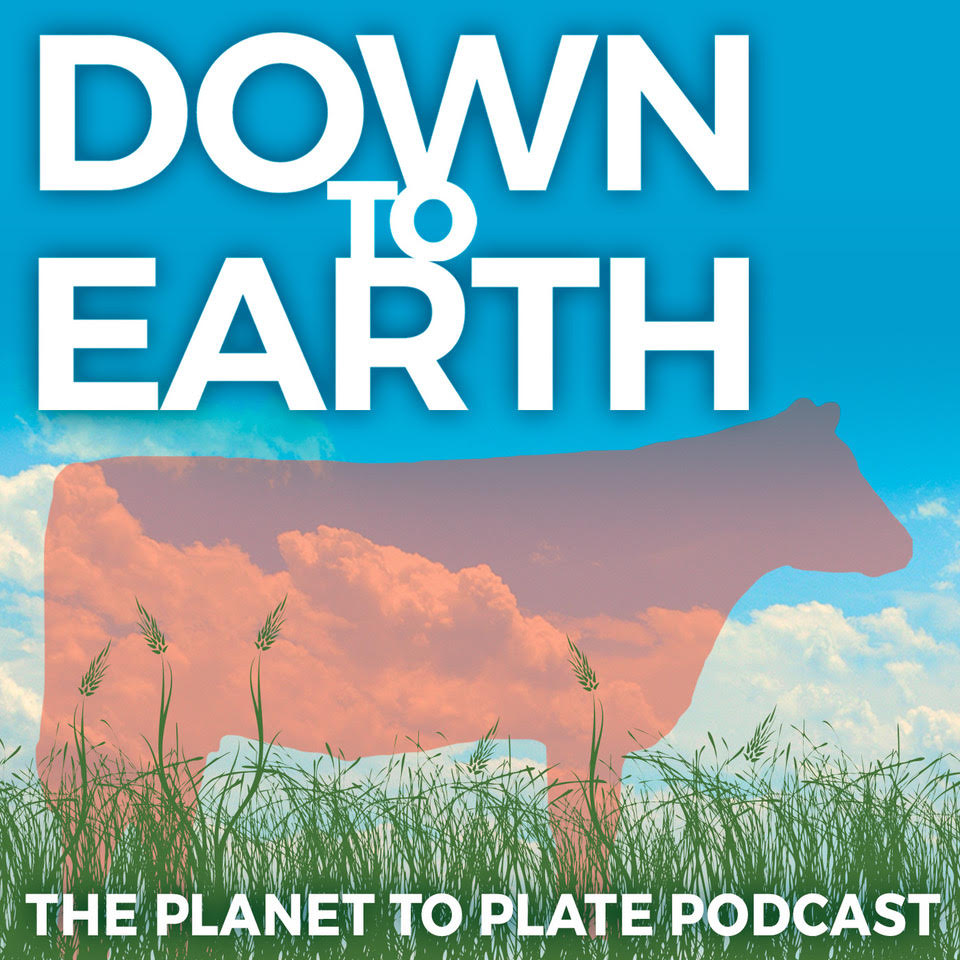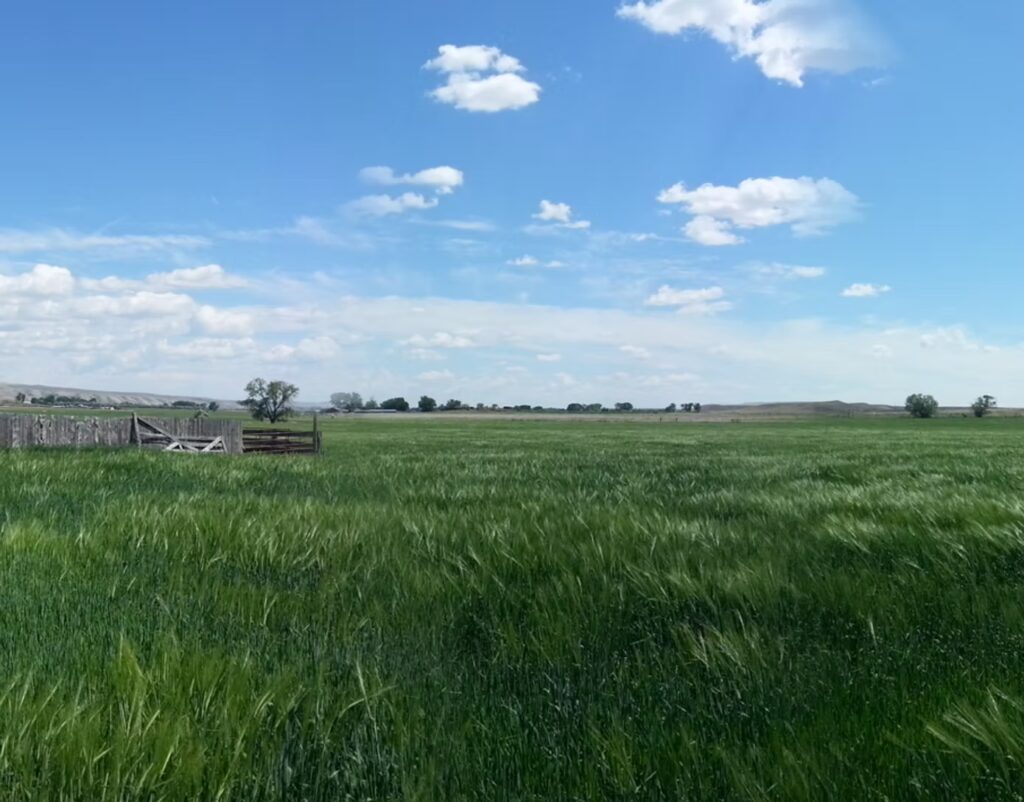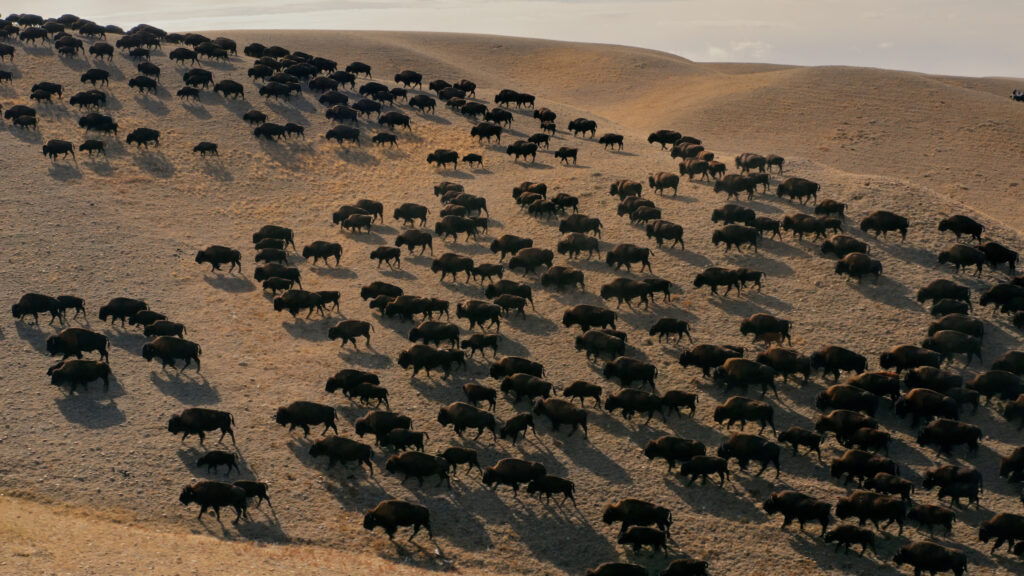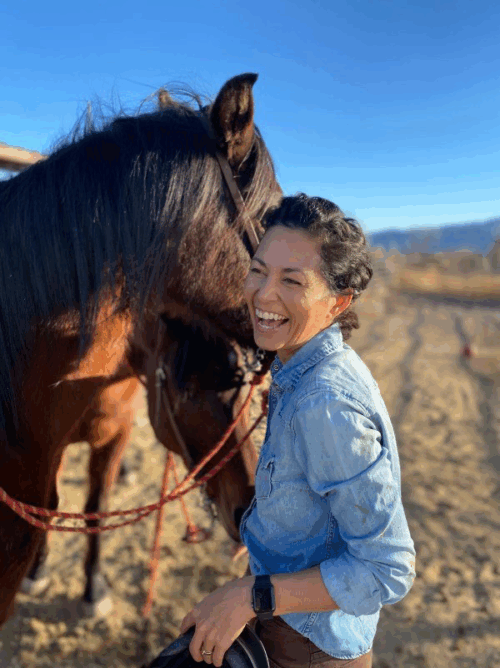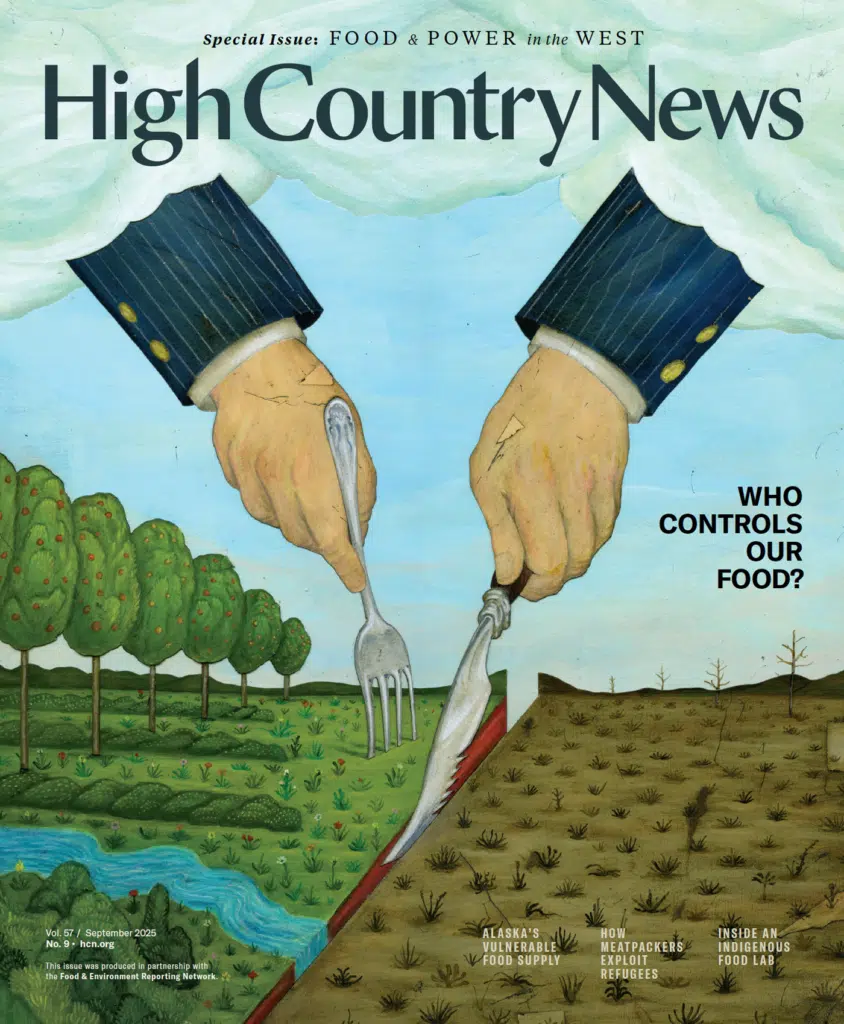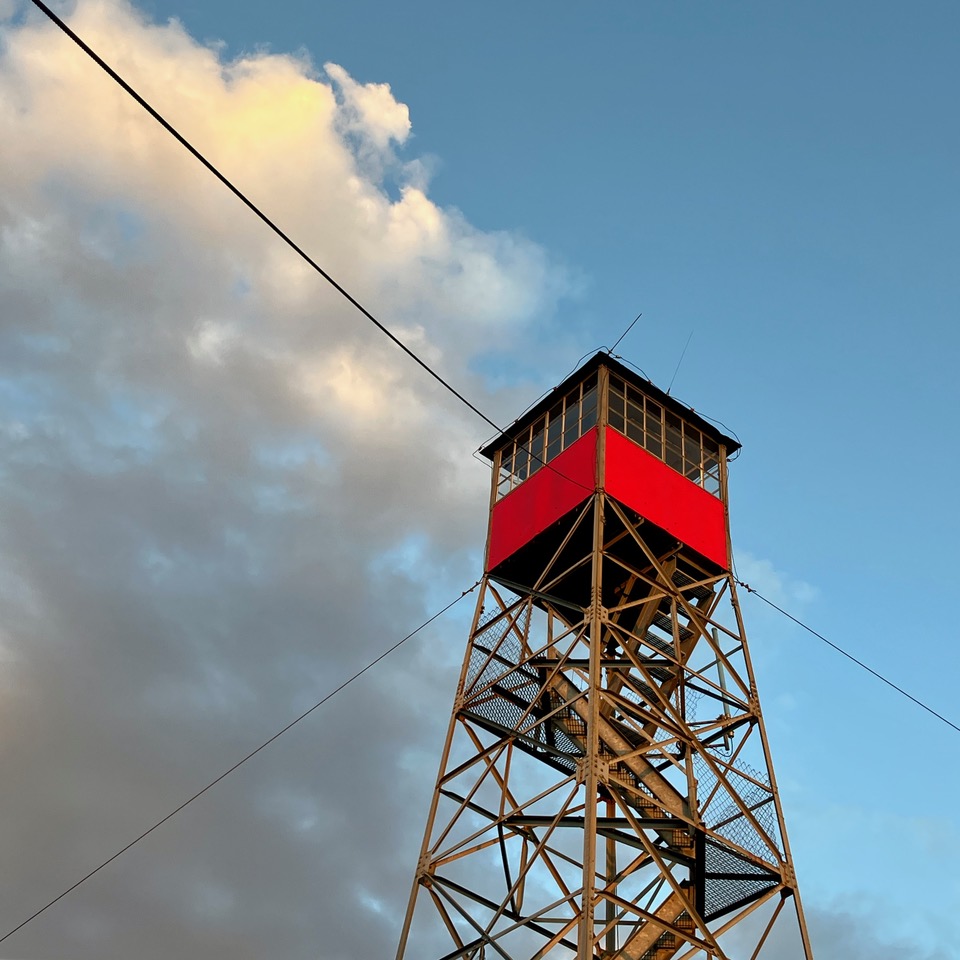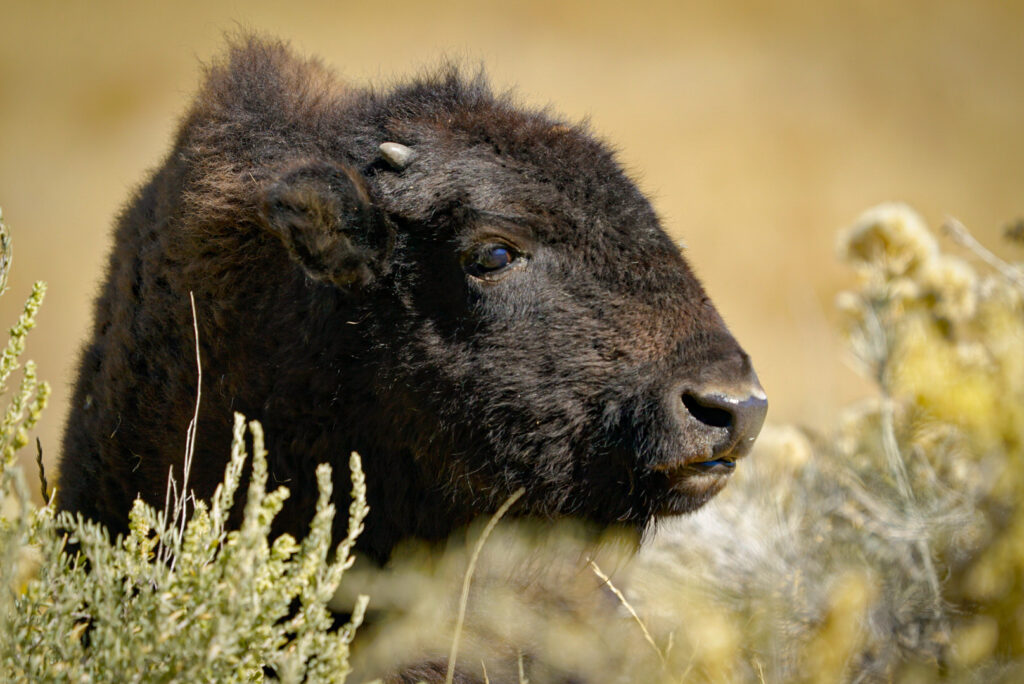P. Wade Ross‘s great grandfather was a runaway slave who bought land in Texas. His descendants founded Texas Small Farmers and Ranchers Community Based Organization, a non-profit that helps Black farmers and ranchers to succeed in regenerative agriculture in the face the barriers of structural racism, trauma, imposter syndrome, and the many challenges that all farmers face. Founded by Ross’s parents, W. Wade and Anita Ross, the non-profit, which recently celebrated its 25th anniversary, provides outreach, organizing, education, and technical assistance to agrarians across Texas, with a focus on regenerative agriculture.
Timestamp & Show Notes
2’32 great grandfather was runaway slave who settled in Texas and bought land against all odds and racist theft
6’25 the prevalence of Black land loss
7’19 the great work of attorney Jillian Hishaw
8’07 systemic racism in agriculture
11’10 getting the door shut in his face because of his skin color when he was trying to sell cattle
14’31 the psychological effects of trauma on Black farmers and the importance of small wins
19’27 the importance of letting people on the ground take the lead on diversity spending, especially in large organizations
24’37 why they’re promoting regenerative ag for Black farmers and really all farmers
26’24 division within the family between conventional and regenerative practices
28’40 the incentive of low input costs
30’03 encouraging farmers to dedicate an acre to regenerative
32’36 the importance of paradigm shifting
33’38 infrastructure and access to markets
37’35 growing “specialty crops”
39’16 the terms “blue ocean” and “red ocean”
39’58 the effect of Covid on the food system and Black communities in particular
43’13 food as medicine and nutrition
45’14 their own farm — community learning center, livestock, high tunnel, gardens
48’49 partners in many other states
49’54 this is part of the civil rights movement
51’40 stay in touch at tsfrcbo.org


